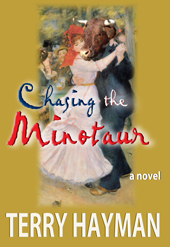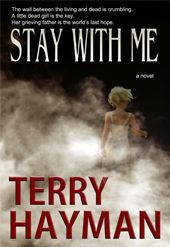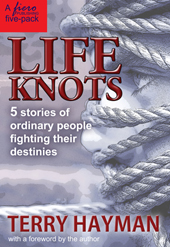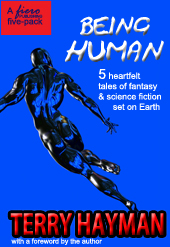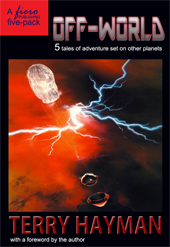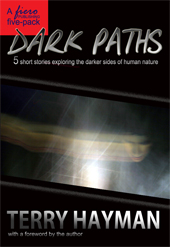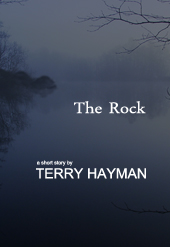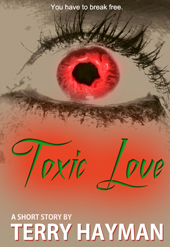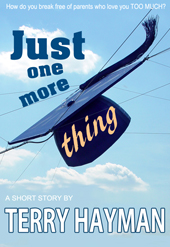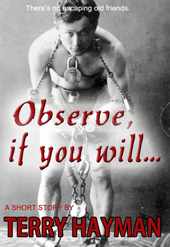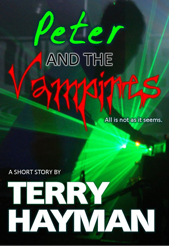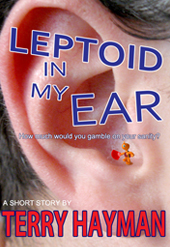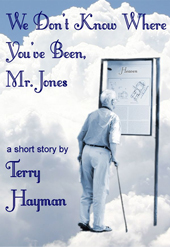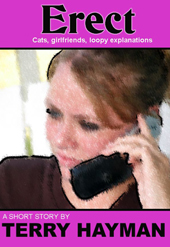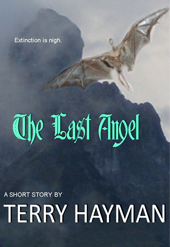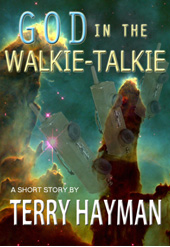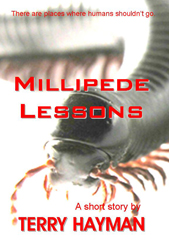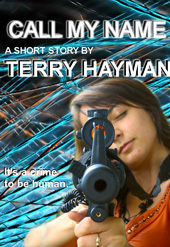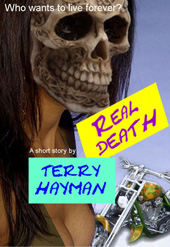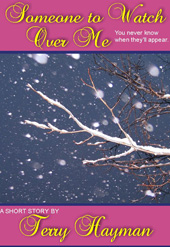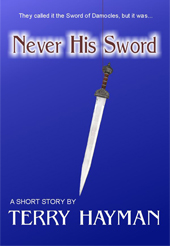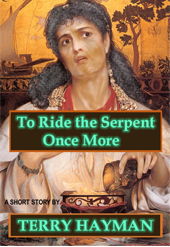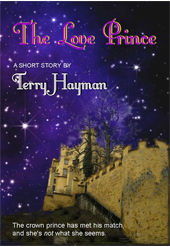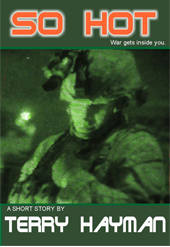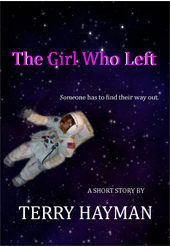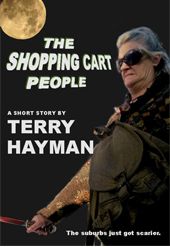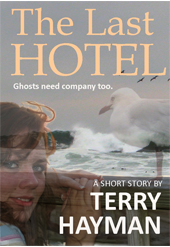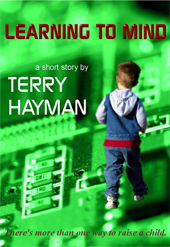If you’ve been following along with my story idea blogs, you’ve probably figured out by now that my story ideas often come out of my current preoccupations. (And if I’m not overly preoccupied with something, I can always pull a story out of the news, which reflects the world’s preoccupations.)
So, current preoccupation – nobody knows anything. This is obviously an overstatement, but it often seems true.
Take, for example, the war in Afghanistan. The rebels and the generals all have their ideas about why things are going the way they are and what can be done to shift the flow of events. But at least half the time they’re wrong, and the war continues it’s erratic course.
Or any given election, or economic turn, or environmental initiative, or how to write a sure-fire good story…
Yes, we have scientific findings and experiments, and they’re pretty cut-and-dried…until we run another experiment that shows a whole new twist we missed the first time.
Where does that lead us in creating a story? Well, in science fiction and comic books, our desire to have a better handle on knowledge and how things work leads to wish fulfillment devices like Asimov’s psycho-history or the Fantastic Four’s Reed Richard’s, world’s smartest man, who can solve virtually any problem simply by focusing his prodigious intellect on it.
But let’s take the reverse tack. How about, instead of wish fulfillment, we go the nightmare route. Nothing is constant. The rules of physics and psychology change constantly and erratically. Chaos rules.
How would we do a story about that?
If we wanted to go conceptual, literary even, we write a chaotic story that the reader can barely read. Interesting exercise. Lousy reading experience. There are enough lousy reading experiences out there already.
Let’s try anchoring our story with a character who is constant, thereby giving the reader someone to hang onto. Let’s say she’s thrown into this chaotic universe by stepping through a portal, warping through a dimensional rift, or getting zapped here by a malevolent wizard. She only manages to stay sane because she has a highly developed tolerance for ambiguity (which obviously makes her a Democrat vs. Republican), but because she’s a human as we understand human, she looks for patterns.
Does she find them? For the purposes of character growth and advancement, I think she does. Otherwise she just falls into a despair and that sucks. Not my type of story. But what’s critical is the type of patterns she finds. Do they depend on her psyche somehow, thereby making the theme of the story something like about discovering how you shape your own world? Do they cycle in a big, fractal-type loop, thereby making the theme some meditation on micro-events always somehow reflecting or causing/being-caused-by their macro context?
Here’s where the storyteller goes wild!!!! Whoopie!!!! Which approach will work best? Who knows? Who? Why, nobody, of course. Nobody knows anything!


